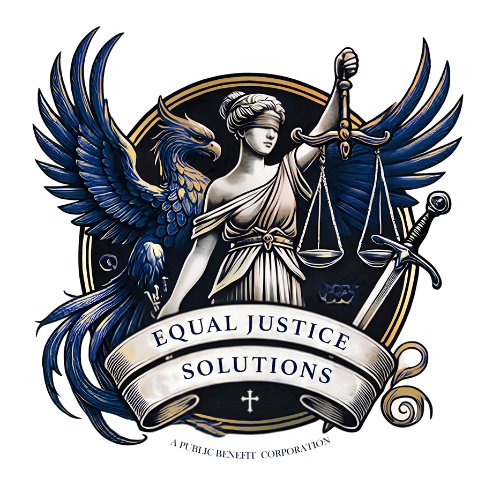Healthcare fraud drains billions of taxpayer dollars every year. The False Claims Act (FCA) is the federal government’s most powerful tool for fighting back. While the law covers a wide range of misconduct, the most common type of case involves billing fraud—submitting false or inflated claims for payment to Medicare, Medicaid, or TRICARE.
What Counts as Billing Fraud?
Under the FCA, liability arises when someone knowingly presents a false or fraudulent claim for payment to the federal government. In healthcare, this can take many forms, including:
- Billing for services not provided. Submitting claims for appointments, tests, or procedures that never happened.
- Upcoding. Charging for a more complex or expensive service than the one actually provided.
- Unbundling. Breaking apart services that should be billed together at a lower rate in order to maximize reimbursement.
- Medically unnecessary services. Ordering tests, treatments, or procedures without clinical justification, solely to generate revenue.
- Kickback-tainted claims. When referrals are driven by financial incentives rather than patient need, the claims themselves can become false under the law.

The Knowledge Requirement
A provider does not have to admit intent to defraud in order to be liable. The FCA defines “knowing” broadly. Liability attaches if the provider:
- Actually knew the claim was false;
- Acted in deliberate ignorance of whether it was true or false; or
- Recklessly disregarded the truth or falsity.
This means turning a blind eye to improper billing can be just as dangerous as actively falsifying records.
Consequences of Billing Fraud
Violators of the FCA face severe penalties:
- Treble damages: Triple the amount of money the government lost.
- Civil penalties: A per-claim penalty, which can add up quickly when thousands of claims are involved.
- Collateral consequences: In healthcare, providers may also face exclusion from Medicare and Medicaid, license discipline, and reputational damage.
How Whistleblowers Make a Difference
Most billing fraud is uncovered by insiders—employees who notice patterns of improper billing, false documentation, or pressure to upcode. The FCA empowers these whistleblowers to file qui tam lawsuits on behalf of the government.
Whistleblowers can receive 15–30% of the government’s recovery as a reward for their role in stopping fraud. Just as importantly, they are protected from retaliation, ensuring they do not have to choose between their careers and their conscience.
Why This Matters
Every fraudulent claim siphons resources away from patients who truly need care. By holding providers accountable, the FCA not only recovers taxpayer dollars but also promotes honesty, safety, and fairness in the healthcare system.
Contact us today for a confidential consultation if you’ve seen suspicious billing practices at a
healthcare facility. Our firm has the experience to guide whistleblowers through the process and
ensure their rights are protected.
